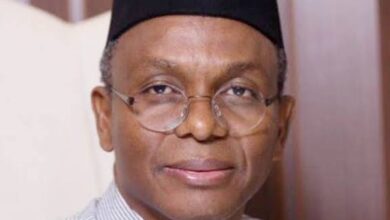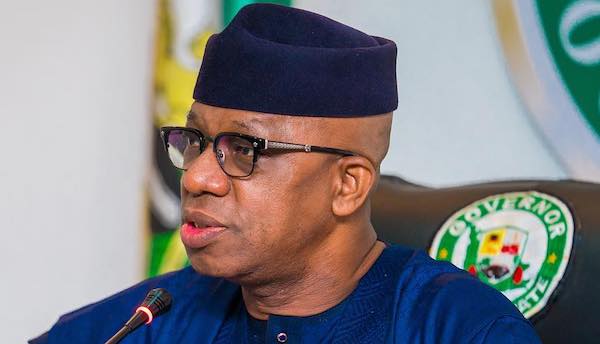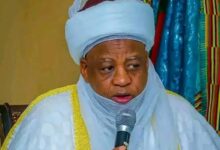Trump administration considers $30b for Iran to give up nuclear programme – Report

Central to the American proposal is a non-negotiable condition: Iran must agree to cease all uranium enrichment.
The Trump administration has discussed offering Iran access to as much as $30 billion in foreign-backed investment to develop a civilian nuclear energy program, as part of a broader diplomatic push to reengage Tehran in nuclear negotiations, according to a CNN report citing multiple sources familiar with the talks, The Jerusalem Post reported Thursday night.
The reported discussions, which include easing sanctions and unfreezing restricted Iranian funds, come amid ongoing efforts by Washington to reestablish indirect communication with Iran following a volatile two-week period marked by military strikes involving Israel, the US, and Iran.
Central to the American proposal is a non-negotiable condition: Iran must agree to cease all uranium enrichment. While Iran has repeatedly asserted its need to enrich uranium for peaceful energy purposes, Washington has floated the idea of Tehran importing enriched uranium—similar to the model employed by the United Arab Emirates.
According to the CNN report, a preliminary draft proposal being circulated among US officials includes up to $30 billion in investment for a new, non-enrichment nuclear program that would generate civilian energy. While the funding would not come directly from the United States, administration officials are reportedly urging Arab Gulf states to shoulder the cost.
Some of the terms were discussed during a closed-door meeting last Friday at the White House, led by US special envoy Steve Witkoff and attended by representatives from key Gulf states. The meeting took place one day before the US launched military strikes targeting Iranian nuclear infrastructure.
Incentives being considered include the partial lifting of sanctions and unlocking approximately $6 billion in Iranian assets currently held in foreign bank accounts. Another option under review involves replacing the recently bombed Fordow facility with a non-enrichment nuclear site, funded by US-aligned Gulf partners. It remains unclear whether Iran would be allowed to use the restructured site.
Witkoff has stated that the US is seeking a “comprehensive peace agreement” with Iran, while officials emphasized that all proposals are designed to prevent Tehran from acquiring a nuclear weapon.
The proposals are still in early stages and subject to change. However, the diplomatic push has continued in recent days, with Qatar playing a prominent mediating role. Doha was instrumental in securing the ceasefire agreement between Israel and Iran earlier this week and is expected to remain involved in efforts to prevent further escalation.
Prior to the outbreak of hostilities, the US and Iran had completed five rounds of indirect negotiations aimed at establishing a framework for a new nuclear agreement. A sixth round, planned to take place in Oman, was derailed by the Israeli strikes on Iranian sites.
Despite renewed talks, recent developments in Iran suggest that Tehran may be hardening its stance. This week, the Iranian parliament passed legislation to end cooperation with the UN’s nuclear watchdog, a move viewed by observers as a signal of intent to further obscure the country’s nuclear activities.
President Trump has sent mixed messages about the negotiations. While confirming that talks with Iran could resume as early as next week, he also downplayed the importance of a formal agreement, stating: “I don’t care if I have an agreement or not.” Nonetheless, US officials believe that a long-term deal remains crucial to ensuring the durability of the ceasefire and preventing future conflict.
Secretary of State Marco Rubio echoed this sentiment, stating that any lasting agreement would require Iran to engage directly with the United States, rather than through intermediaries.
According to the CNN report, the Trump administration believes the recent military pressure could increase Tehran’s willingness to compromise. Whether this leads to a concrete agreement remains uncertain. No official date has been set for further talks.
“Yesterday Trump said Iran has too much oil to need a nuclear energy program. Today there is discussion about a $30 billion mega program. If this CNN report is accurate, this further reflects an incoherent ad hoc policy,” The Jerusalem Post commented.









